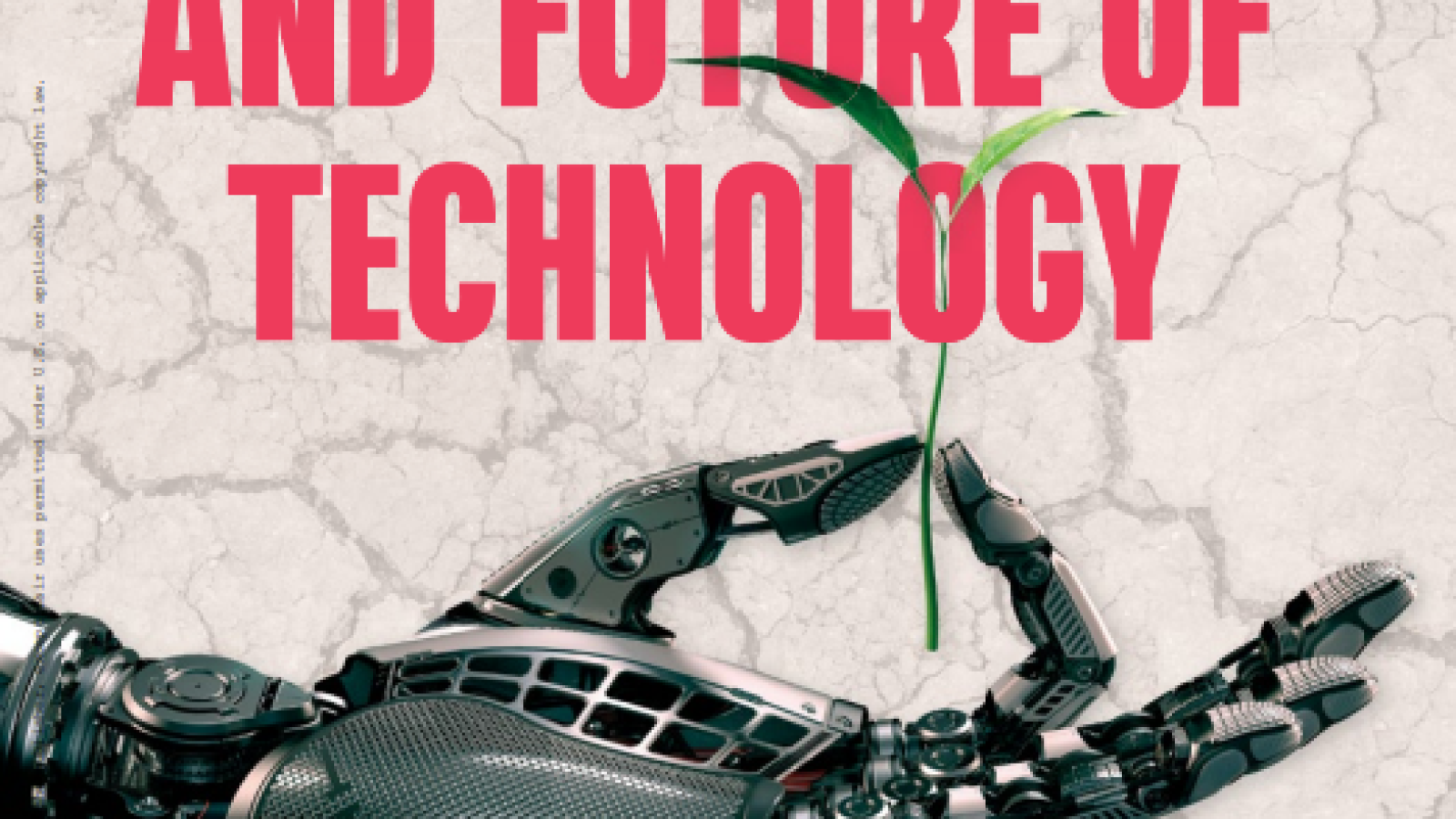แนะนำe-Book

ชื่อหนังสือ: The History and Future of Technology : Can Technology Save Humanity From Extinction?
ผู้แต่ง: Robert U. Ayres
เข้าใช้งานในระบบ: EBSO โดยใช้ User ID : bsru Password : library@2567
คลิกดูข้อมูลหนังสือ : https://link.bsru.ac.th/15r9
ดูปกและสารบัญ : (see cover and contents)
รายละเอียดของหนังสือ
Eminent physicist and economist, Robert Ayres, examines the history of technology as a change agent in society, focusing on societal roots rather than technology as an autonomous, self-perpetuating phenomenon. With rare exceptions, technology is developed in response to societal needs that have evolutionary roots and causes. In our genus Homo, language evolved in response to a need for our ancestors to communicate, both in the moment, and to posterity. A band of hunters had no chance in competition with predators that were larger and faster without this type of organization, which eventually gave birth to writing and music. The steam engine did not leap fully formed from the brain of James Watt. It evolved from a need to pump water out of coal mines, driven by a need to burn coal instead of firewood, in turn due to deforestation. Later, the steam engine made machines and mechanization possible. Even quite simple machines increased human productivity by a factor of hundreds, if not thousands. That was the Industrial Revolution. If we count electricity and the automobile as a second industrial revolution, and the digital computer as the beginning of a third, the world is now on the cusp of a fourth revolution led by microbiology. These industrial revolutions have benefited many in the short term, but devastated the Earth’s ecosystems. Can technology save the human race from the catastrophic consequences of its past success? That is the question this book will try to answer.
Robert Ayres
นักฟิสิกส์และนักเศรษฐศาสตร์ผู้มีชื่อเสียง สำรวจประวัติศาสตร์ของเทคโนโลยีในฐานะตัวแทนการเปลี่ยนแปลงในสังคม โดยมุ่งเน้นไปที่รากเหง้าทางสังคมมากกว่าเทคโนโลยีในฐานะปรากฏการณ์ที่เป็นอิสระและดำรงอยู่ในตัวเอง ด้วยข้อยกเว้นที่หาได้ยาก เทคโนโลยีได้รับการพัฒนาเพื่อตอบสนองความต้องการของสังคมที่มีรากฐานและสาเหตุทางวิวัฒนาการ ในสกุล Homo ของเรา ภาษาพัฒนาขึ้นเพื่อตอบสนองความต้องการที่บรรพบุรุษของเราต้องสื่อสาร ทั้งในปัจจุบันและต่อลูกหลาน กลุ่มนักล่าไม่มีโอกาสแข่งขันกับนักล่าที่มีขนาดใหญ่กว่าและเร็วกว่าหากไม่มีองค์กรประเภทนี้ ซึ่งในที่สุดก็ให้กำเนิดงานเขียนและดนตรี รถจักรไอน้ำไม่ได้กระโดดออกมาเต็มที่จากสมองของเจมส์ วัตต์ วิวัฒนาการมาจากความจำเป็นในการสูบน้ำออกจากเหมืองถ่านหิน ซึ่งได้รับแรงหนุนจากความต้องการเผาถ่านหินแทนการใช้ฟืน ในทางกลับกัน เนื่องมาจากการตัดไม้ทำลายป่า ต่อมาเครื่องจักรไอน้ำทำให้เครื่องจักรและกลไกเป็นไปได้ แม้แต่เครื่องจักรที่ค่อนข้างเรียบง่ายก็ช่วยเพิ่มผลิตภาพของมนุษย์ได้หลายร้อยหรือหลายพันก็ตาม นั่นคือการปฏิวัติอุตสาหกรรม หากเรานับไฟฟ้าและรถยนต์เป็นการปฏิวัติอุตสาหกรรมครั้งที่สอง และคอมพิวเตอร์ดิจิทัลเป็นจุดเริ่มต้นของการปฏิวัติครั้งที่สาม ขณะนี้โลกกำลังถึงจุดสุดยอดของการปฏิวัติครั้งที่สี่ที่นำโดยจุลชีววิทยา การปฏิวัติอุตสาหกรรมเหล่านี้ก่อให้เกิดประโยชน์มากมายในระยะสั้น แต่ได้ทำลายล้างระบบนิเวศของโลก เทคโนโลยีสามารถช่วยมนุษยชาติจากผลที่ตามมาจากหายนะจากความสำเร็จในอดีตได้หรือไม่? นั่นคือคำถามที่หนังสือเล่มนี้จะพยายามตอบ

